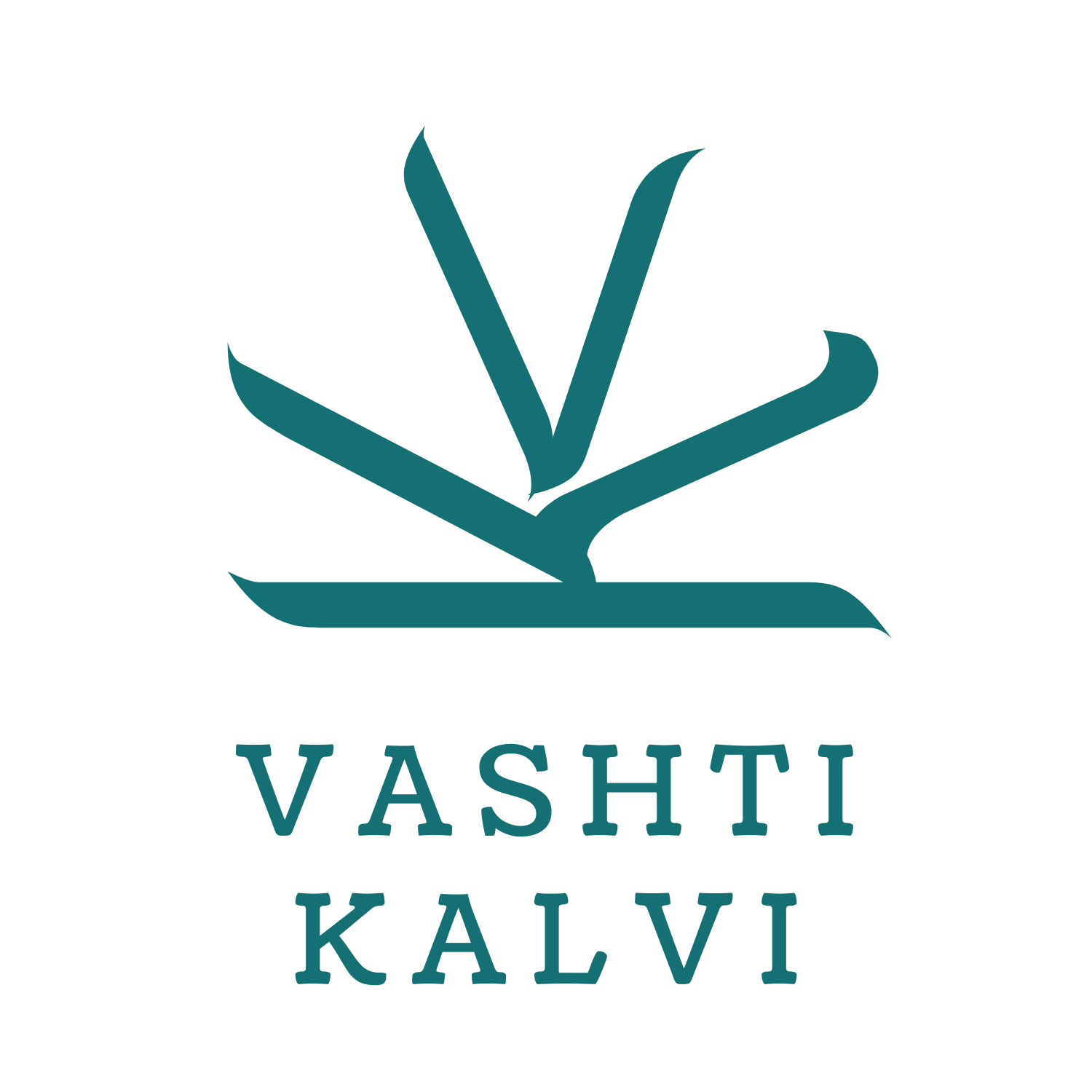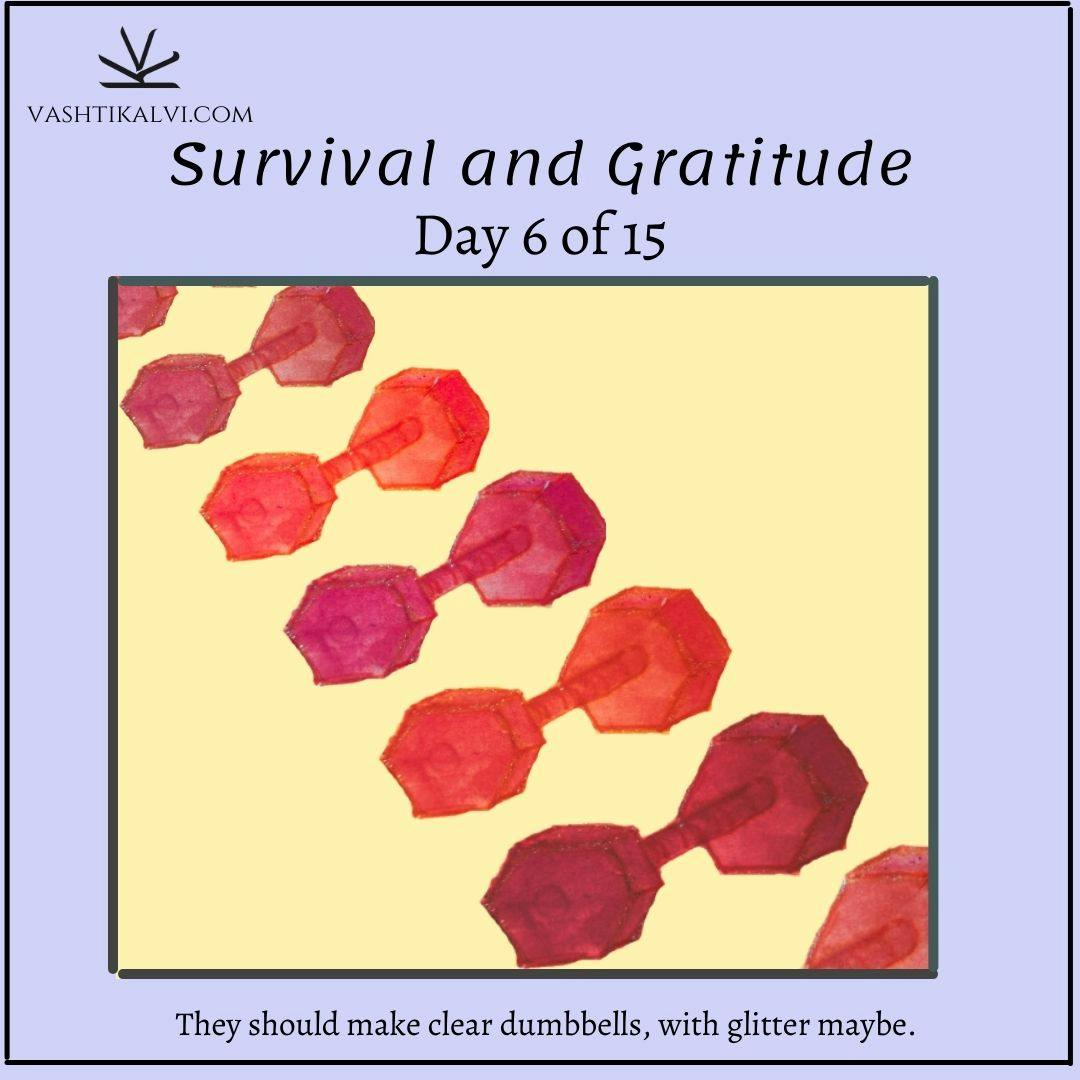It had been an intense period of life even in the weeks before the cancer diagnosis. I had moved away at 18, to do the whole scholarship-study abroad-work abroad thing. And then, five years later, I was back in my parents' house, with a degree, and a year of work experience, without any plans or prospects.
I hadn’t been with my family, or in the country, for years, and it was an adjustment, to say the least. It didn’t help that I was in crisis mode, while the family was being all festive because I was back. My appetite was awful and my stomach hurt every time I ate.
I wrote it off as my body struggling with the adjustment - to a different time zone, diet, climate, altitude. To the heartbreak of leaving behind relationships, a home, a life I wasn’t ready to give up. To all the graduate programs I didn’t get into, and all the ones I had got into but couldn’t afford.
A week earlier, I had been offered a job in Turkey. I had technically accepted it too. I called a friend from Turkey to verify that the institute was real. I’d started asking people who had been there about what to prepare for. I’d begun working on the visa process, when it fell through. The man who had hired me told me to apply for a tourist visa, and swore that they’d take care of the work permit once I got there. I probably would have done it too, if I had the money. But then he got rude and aggressive when I asked about other options. I was grieving that as a failure too. It seemed natural that my body wasn’t happy.
But then it didn’t stop and my parents took me to a doctor. I hated that I was 23 and my parents were taking me to a doctor for a stomach ache. The doctor examined my abdomen, and immediately said there was a growth, that I’d need an operation. He told me to come back the next day for an ultrasound, for specifics. On the drive home, I told my parents it had felt like he was trying to avoid saying cancer, and they seemed to agree. It was the first serious conversation I’d had with them, since getting back, that didn’t involve any yelling or crying.
Technically, after the tumour was removed, I didn’t officially have cancer anymore. They were recommending chemotherapy “just to be sure that there’s nothing left,” technically. But my body was broken. I know I was lucky that the tumour was diagnosed as early as it was, and I know I didn’t suffer from it as much as I could have. Four months after the doctor had first identified that there was a mass in my abdomen, I was given a clean bill of health. But surgery and chemo had broken my body. It became stronger eventually, yes, but hasn’t ever stopped feeling broken. After the hernia surgery complications two years later, I’ve given up believing that it ever will.
Today, I’m grateful for disability - for the word, and being able to identify myself as disabled. I had identified myself as disabled in job applications before, because a diagnosed mental illness like depression counts as a disability. But it felt like a technicality, and in the context of a job application, it felt a bit disingenuous, even. In the aftermath of cancer though, the term has been a relief.
It helps me stay realistic about my body, which strangely enough, has looked a lot like being kind to myself. The term helps me remember that my body doesn’t work like the world expects it to. I have to budget my energy accordingly. Well before Covid-19 was affecting humans, I knew I needed to avoid crowds. I have to lower a lot of the standards I hold myself to.
In my work as a literacy educator, I often talk about language being technology. On a technological level, the terms disabled and disability helped me find social media accounts, and articles that have given me perspective and comfort, and more language to help me navigate my broken-and-stitched body. If I was more inclined, I could find community through these words.
I’d like to see good-will behind euphemisms like differently-abled or special needs, and I appreciate that language conventions change with time. However, they irritate me too much. Disability isn’t something to be coy about. Hiding behind the euphemisms doesn’t do anything towards making sure people have access to the accommodations they need to navigate spaces that are disabling to them. But also, more selfishly, I think I deserve to talk about my broken body without having to avoid all the bitterness and grief I feel for it.

